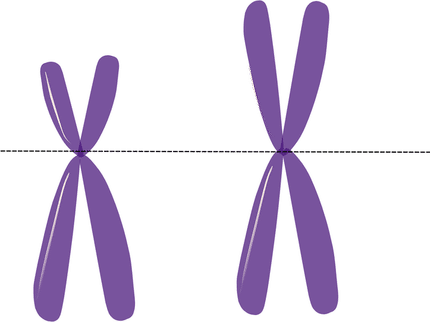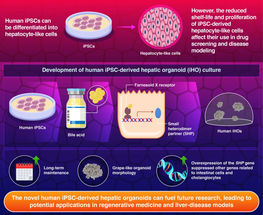New target for cancer therapy identified
A new target for cancer therapy has been identified by Monash University scientists investigating the cell signalling pathways that turn on a gene involved in cancer development. A team led by Associate Professor Jun-Ping Liu, from the Department of immunology, has identified two proteins that are involved in stopping the gene from producing a protein called telomerase that is essential if cancer cells are to proliferate. Telomerase plays a key role in controlling the life span of cells by modifying structures called telomeres that are found at the end of chromosomes.
Although it is involved in tumour development, telomerase is also found inmodest quantities in most cells. It is plentiful in stem cells where it keeps the telomeres long, allowing the cells to keep dividing without limit which is necessary for the repair of damaged and worn out tissues throughout the human body. However, studies have shown that telomerase also plays a key role in the formation of cancerous tumours. "It's the best indicator of cancer -- 85 per cent better than any other tumour marker," Associate Professor Liu said. "What's more, telomerase is not associated with benign tumours; it's a marker for malignant tumours only. If we can control the production of telomerase we can prevent the immortality of cancer cells and therefore cancer formation."
Associate Professor Liu and his colleagues have been investigating breast cancer cells to identify the molecular signalling that is required to turn on, and also inhibit, the gene that produces telomerase. They have found two proteins - Smad3 and c-Myc - that are involved in turning off telomerase production. Their findings are published in the current issue of the Journal of Biological Chemistry.
"It's significant to find inhibitors of telomerase and we have found, for the first time, the pathway that inhibits telomerase in human cells," Associate Professor Liu said. "This reveals an important mechanism for developing anti-cancer agents that mimic these proteins and thereby inhibit the production of telomerase. "
Most read news
Topics
Organizations

Get the life science industry in your inbox
By submitting this form you agree that LUMITOS AG will send you the newsletter(s) selected above by email. Your data will not be passed on to third parties. Your data will be stored and processed in accordance with our data protection regulations. LUMITOS may contact you by email for the purpose of advertising or market and opinion surveys. You can revoke your consent at any time without giving reasons to LUMITOS AG, Ernst-Augustin-Str. 2, 12489 Berlin, Germany or by e-mail at revoke@lumitos.com with effect for the future. In addition, each email contains a link to unsubscribe from the corresponding newsletter.























































